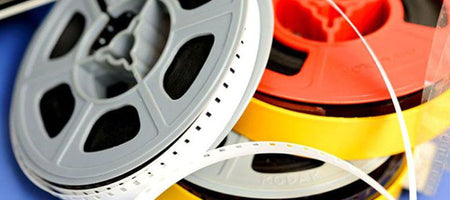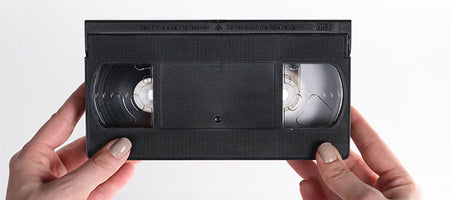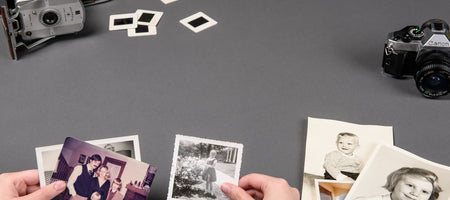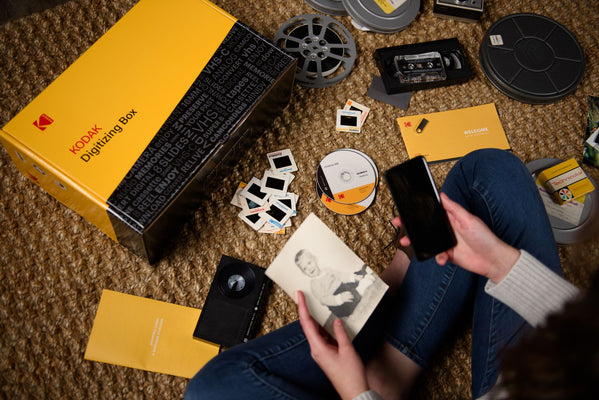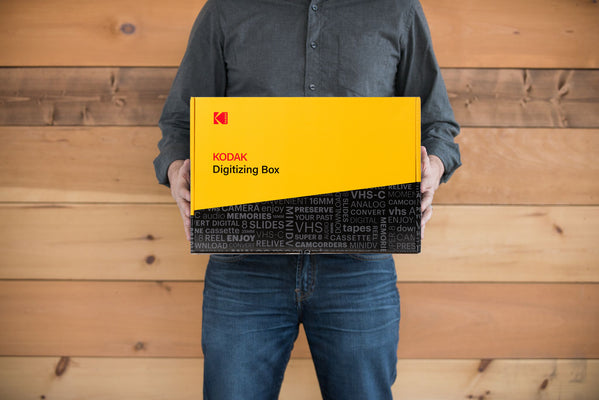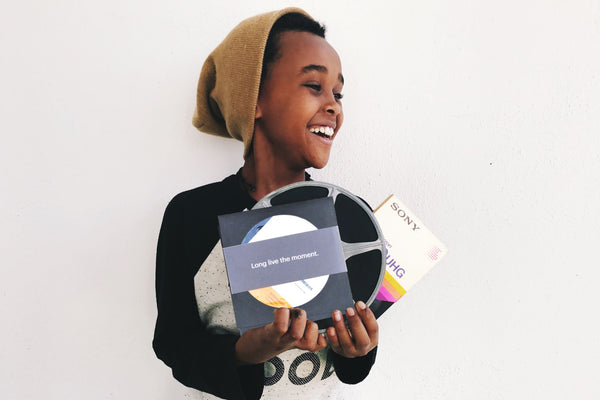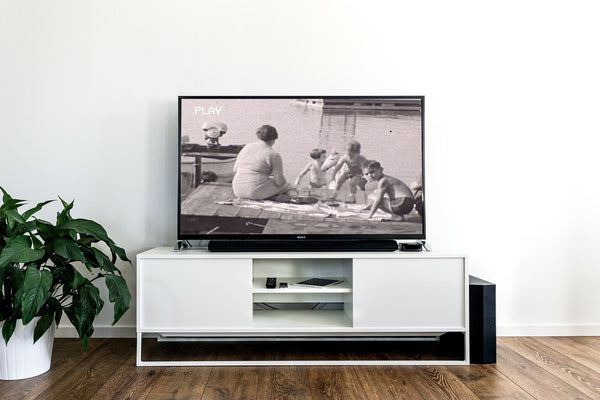These days, it’s so easy to pull out our smartphones and get a quick video. Whether our dog is being cute or we’re at a great concert, it’s incredibly simple to capture the moment forever digitally.
Recording and watching video has become such an integral part of our daily lives that it can be hard to imagine a time when video didn’t exist at all.Before smartphones and before camcorders, the only way to record moving images was through filming. The process required quite a bit of planning - folks would need to acquire a film camera, which could be quite expensive, and then develop their film after shooting. The process could take weeks at a time, something that is difficult to fathom in today’s world of two-day shipping and instant downloads. While digital media has taken over, camera film is still in production today and is sold in stores and online. The question is, does anyone today still use film reels?
Film Reels at the Movies
Back in the day, movie theaters would play major motion pictures to audiences via film reels. Films would often be dispersed between two or more reels due to their length, and a projectionist would need to switch from one reel to the next during showings to ensure a seamless transition between the reels. This process, however, is long gone.
In most cases, movie theaters are no longer using the traditional film format for showing movies. Since the early 2000s, digital projectors have been the industry standard around the world. As movie projection technology advances, older methods such as film slowly become more and more obsolete. So, how does digital movie projection work?
Today, new movies are often shipped to movie theaters secured in a hard plastic case. The movies are contained in DCPs (Digital Cinema Packages) consisting of a hard drive with the movie files on it as well as appropriate adapters and cables. DCP files require activation from a license, which the movie theater must provide in order to access the content on the DCP. Once the DCP is activated, the projectionist can play the movie to audiences. This is one of the most common methods of movie distribution to theaters today.
Another method of movie distribution is by satellite. In these scenarios, a movie is downloaded on a secure server and the film is activated for playback via satellite. Satellite movie distribution is becoming increasingly popular for its convenience and cost reduction, but the DCP method is still very widely used.
Using Film in Modern Movie-Making
While most movie theaters are no longer playing movies on film, many filmmakers still choose to shoot their movies on film. They choose this for a number of reasons - mainly for simplicity, efficiency, nostalgia, and the look of it. Some filmmakers love the way movies shot on film look, and they believe that the color appears better on film than digital recordings. Some say film is easier to edit than digital files. Despite digital filming becoming standard, there are still many movies shot on film every year. Some recent major movies shot mostly on film include Wonder Woman (2017), La La Land (2016), and Little Women (2019).
Film reels are definitely still in use today, despite being overtaken by digital filming. The nostalgia of film is something that attracts filmmakers, both commercial and independent, and there’s nothing quite like the look that shooting on film gives. This is why in today’s digital world we still see movies produced completely on film. It’s sort of charming, isn’t it?

